The students laughed at this, but then complained, "My fingers moved too fast, I pressed the button too quickly and didn't have time to edit the Zalo friend request, teacher!" Even though she was furious, the teacher still had to press "accept".
Thanks to teaching the soft skills course, I had the opportunity to interact with many students who were only 18 or 19 years old. Having just left high school and their families, many of them were quite bewildered in both their studies and daily lives.
Some students speak or text with teachers in a very casual way, as if they were talking to a friend, using vague language. Therefore, I always try to meticulously discuss the necessary soft skills, especially communication skills, with them.
Nevertheless, there were quite a few students who surprised her, even shocked her, by adding her on Zalo with the message, "Hello. My name is A. I know you from your phone number. Let's be friends!"
For urgent situations, like needing to send a presentation, I reluctantly accept friend requests; otherwise, I ignore them. Some students have complained that I'm too strict, saying, "Just use the pre-made friend request form, it's faster, what's so serious about it?"
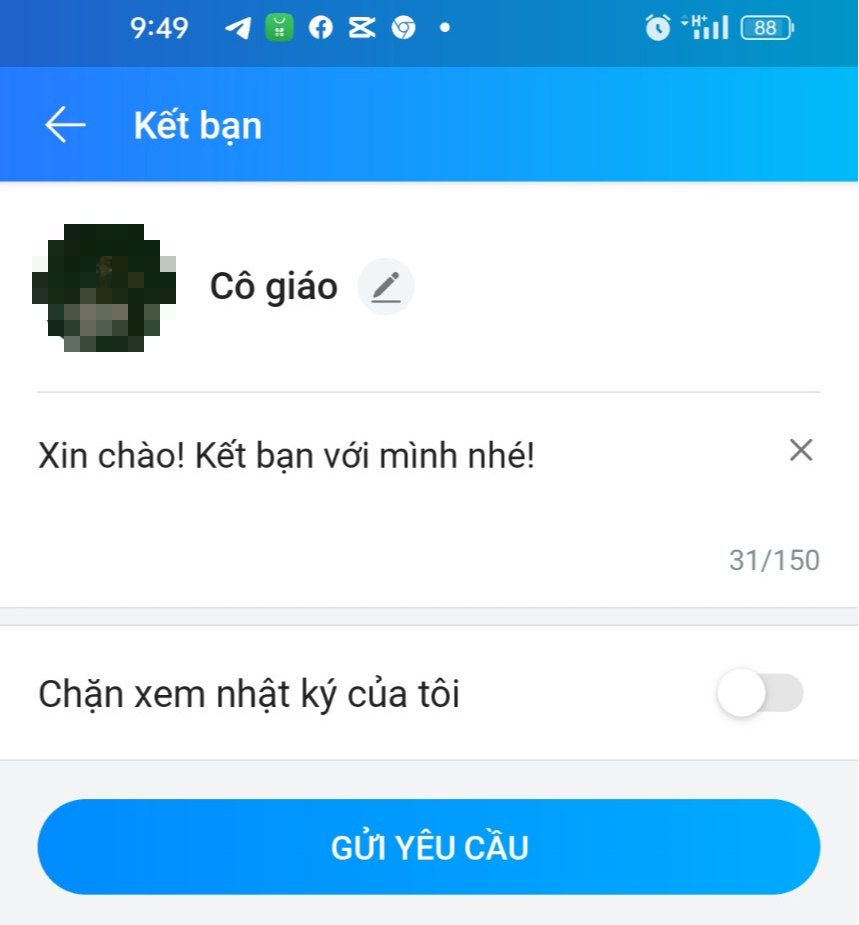
Automatic Zalo friend request message template
Generation Z is said to be outspoken, straightforward, and dislikes pretense or formality, which sometimes offends older generations.
However, no matter how blunt or straightforward one may be, there are certain rules of conduct that everyone must consciously follow. Respecting elders, thanking those who help, and speaking politely, especially when asking for help, are fundamental lessons that students are taught.
Some young people may be confusing, or even misunderstanding, the concept of being overly polite or pretentious with proper communication. Greeting teachers when you see them in the schoolyard, and not pushing or shoving with classmates or teachers when going up and down stairs, is not "showing off."
Having interacted with many young people aged 18-20, I believe they don't intend to disrespect or be rude to adults, but some are hesitant to communicate or don't know how to communicate properly.
For example, one student messaged the teacher: "I was absent from school the other day. Please send me the test questions so I can do them." Since the student didn't ask permission to be absent, should the teacher be obligated to send the test questions so they can make up for the missed exam?
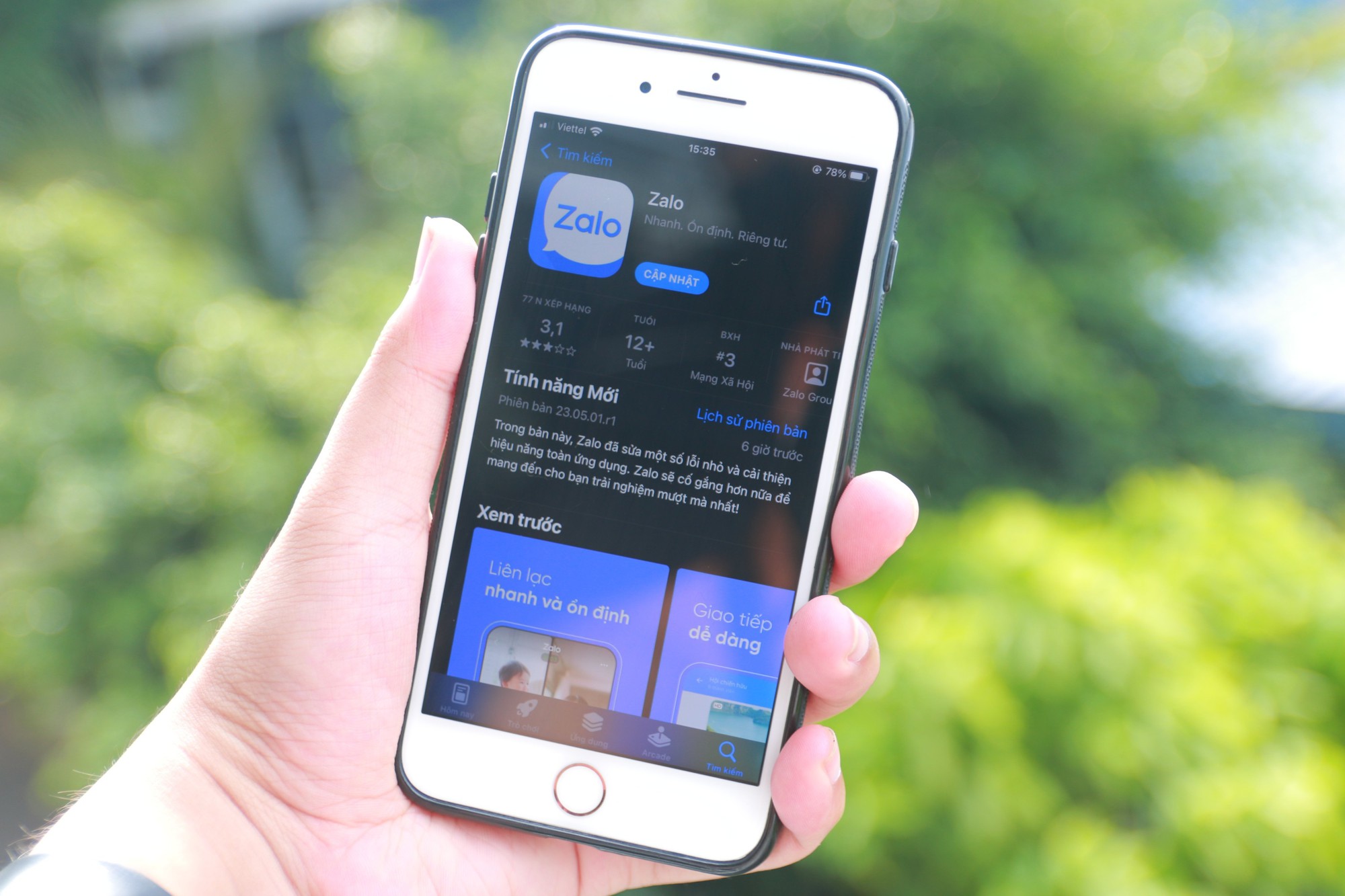
Many lecturers and students use Zalo as a platform for communication.
I think that Gen Z is dynamic, bold, perceptive, creative, and straightforward… but the shortcomings in communication and behavior are also limitations that they must bravely confront in order to recognize and adjust.
Source link



![[Photo] Prime Minister Pham Minh Chinh receives the Governor of Tochigi Province (Japan)](/_next/image?url=https%3A%2F%2Fvphoto.vietnam.vn%2Fthumb%2F1200x675%2Fvietnam%2Fresource%2FIMAGE%2F2025%2F12%2F16%2F1765892133176_dsc-8082-6425-jpg.webp&w=3840&q=75)
![[Live] 2025 Community Action Awards Gala](/_next/image?url=https%3A%2F%2Fvphoto.vietnam.vn%2Fthumb%2F1200x675%2Fvietnam%2Fresource%2FIMAGE%2F2025%2F12%2F16%2F1765899631650_ndo_tr_z7334013144784-9f9fe10a6d63584c85aff40f2957c250-jpg.webp&w=3840&q=75)
![[Image] Leaked images ahead of the 2025 Community Action Awards gala.](/_next/image?url=https%3A%2F%2Fvphoto.vietnam.vn%2Fthumb%2F1200x675%2Fvietnam%2Fresource%2FIMAGE%2F2025%2F12%2F16%2F1765882828720_ndo_br_thiet-ke-chua-co-ten-45-png.webp&w=3840&q=75)
![[Photo] Prime Minister Pham Minh Chinh receives Lao Minister of Education and Sports Thongsalith Mangnormek](/_next/image?url=https%3A%2F%2Fvphoto.vietnam.vn%2Fthumb%2F1200x675%2Fvietnam%2Fresource%2FIMAGE%2F2025%2F12%2F16%2F1765876834721_dsc-7519-jpg.webp&w=3840&q=75)





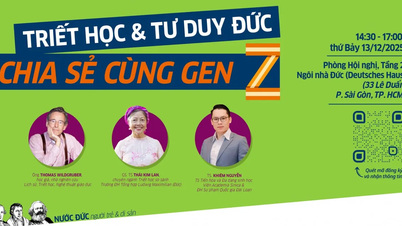



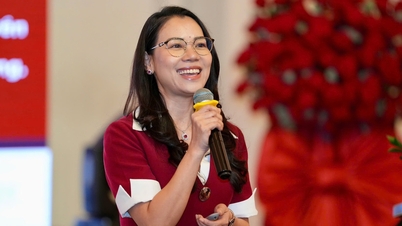
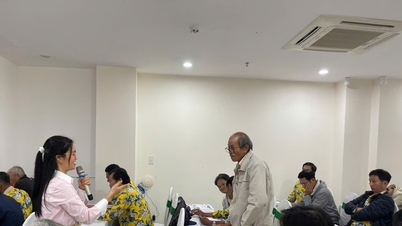





















































![[Photo] Prime Minister Pham Minh Chinh attends the Vietnam Economic Forum 2025](https://vphoto.vietnam.vn/thumb/402x226/vietnam/resource/IMAGE/2025/12/16/1765893035503_ndo_br_dsc-8043-jpg.webp)






































Comment (0)